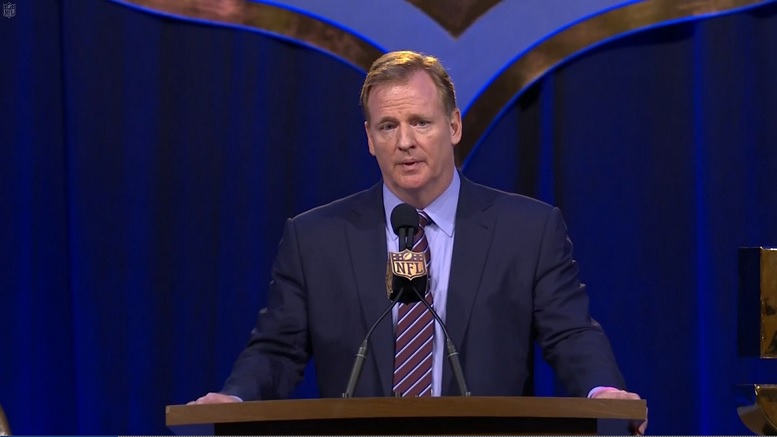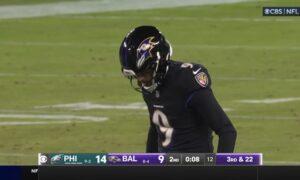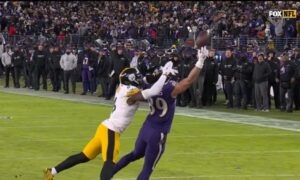Former Baltimore Ravens offensive tackle Eugene Monroe made waves recently with his active and vocal stance on the use of medical marijuana, to the point that there have been some suggestions that it played a role in his recent release, if not the movements this offseason that built up to it.
Regardless of whether or not there is any truth to that, he seems to be part of a potentially growing movement, with Tennessee Titans linebacker Derrick Morgan recently joining him, and the two spoke to Yahoo News about it, and about what they hope for the future in terms of not just the NFL, but around the country.
The original impetus for Monroe’s stance had been his experience with being prescribed opioids for pain, a common phenomenon well-known to every locker room and just about every player in the league. He even penned an article on the topic for The Players’ Tribune.
Other former players also came out to speak about their experiences using a variety of opioids, among them former Bears quarterback Jim McMahon and offensive lineman Kyle Turley, who credits marijuana with saving his life after dealing with suicidal thoughts stemming from pain and opioid side effects.
The issue goes beyond pain management, however, for Monroe, Morgan, and others, as there is a belief that cannabis, specifically a compound in it called cannabidiol (CBD), has the potential for some profound medical benefits, which has already shown to be the cases for things such as epilepsy in reducing the instance and severity of seizures.
Staci Gruber, an associate professor at Harvard Medical and director of McLean Hospital’s MIND program, said that “there’s been some extraordinarily compelling preclinical work that’s demonstrated that CBD is incredibly effective at helping to limit the extent of brain injury, which is really very intriguing and promising”.
Brain injury, specifically the damage caused by chronic traumatic encephalopathy (CTE), is obviously a major medical concern among players, some of whom have recently cited concussion fears and long-term mental health concerns for their early retirement. But things get tricky and somewhat convoluted when it involves the NFL.
The league has the protection of the fact that their marijuana policy is in the collective bargaining agreement as “guided by medical advisors” and that “they have not indicated a need to change”, but that ignores the fact that compromises are a part of an agreement, and that that policy is obviously not in the players’ favor. Essentially what they are saying is that you made your bed, now lie in it.
Their medical advisors also fail to advise them that further research into the pain management and other benefits of CBD might be warranted; instead, they have sought to influence funding that they supplied to the government so that it distributes back to their own research projects rather than to one headed by a critic of the league.
The NFL has continually fallen back on the response that more research is needed, yet have never raised a finger in making an attempt to initiate that research, in spite of the fact that they have uncounted millions available to them for research of their choice.
This is why players such as Monroe and Morgan, and possibly others in the future, are beginning to speak out as the league fails to do its due diligence on the topic, and instead focuses its efforts on suspending players for recreational marijuana use, turning a blind eye to the other side of the coin.








